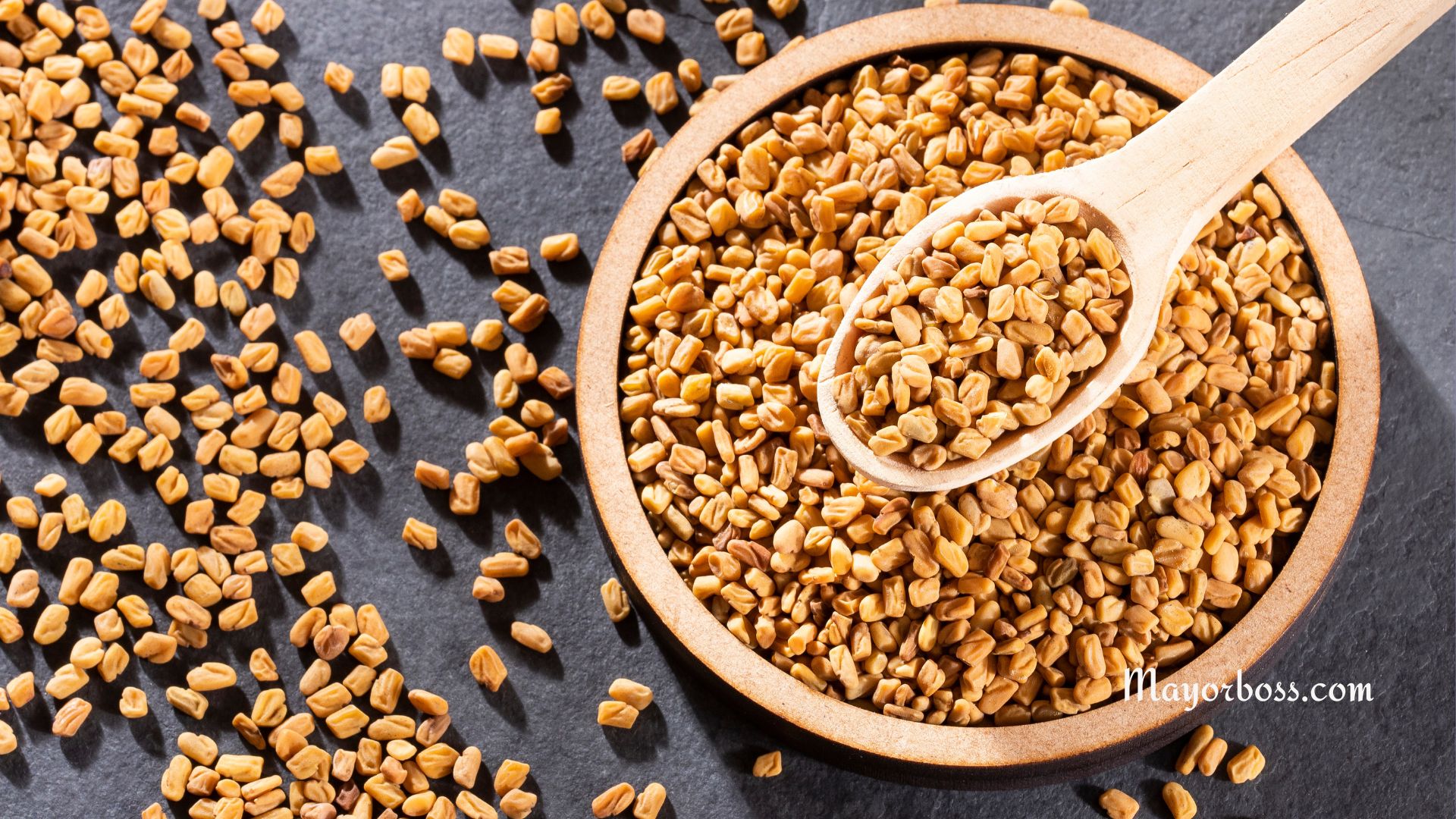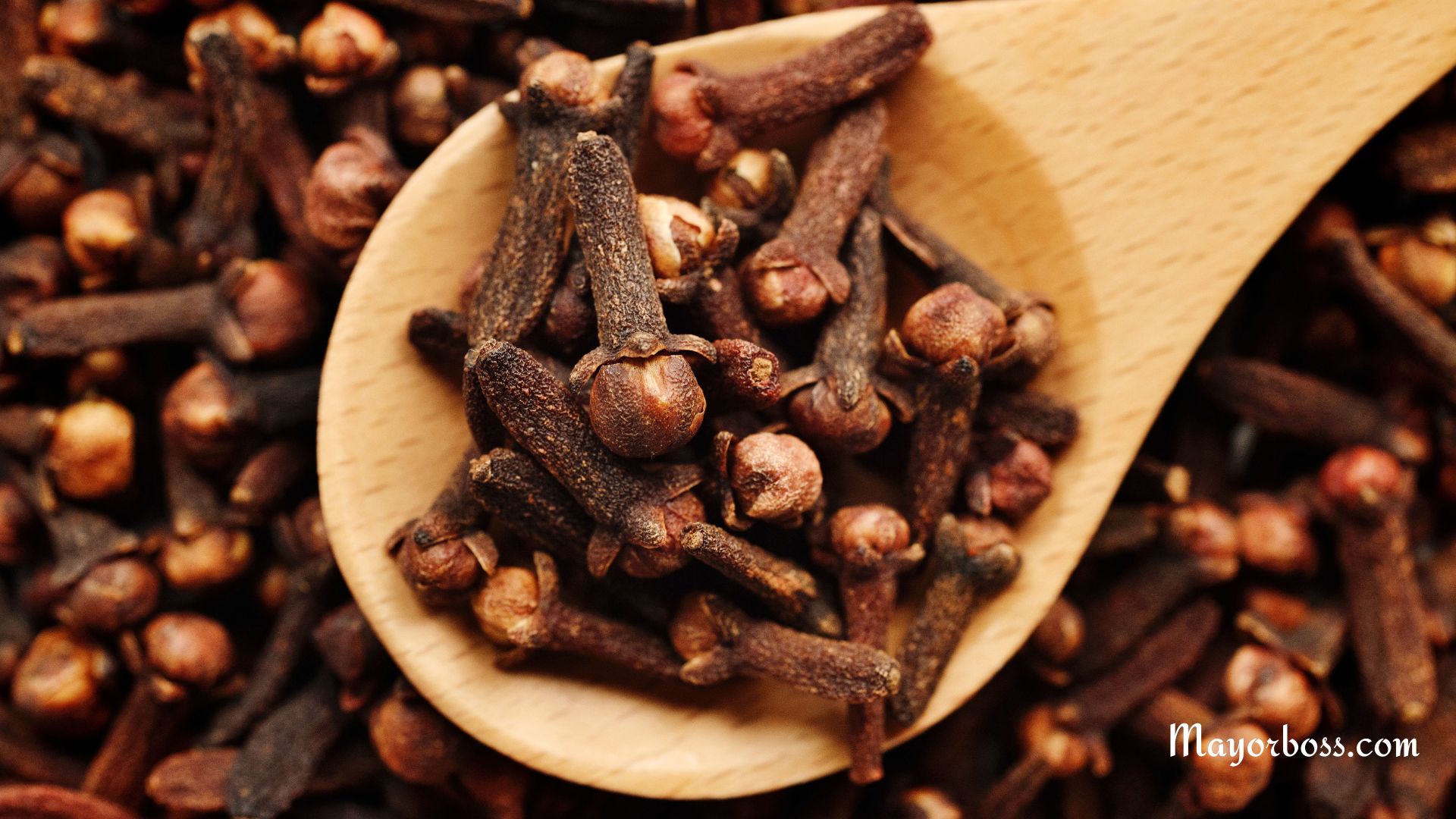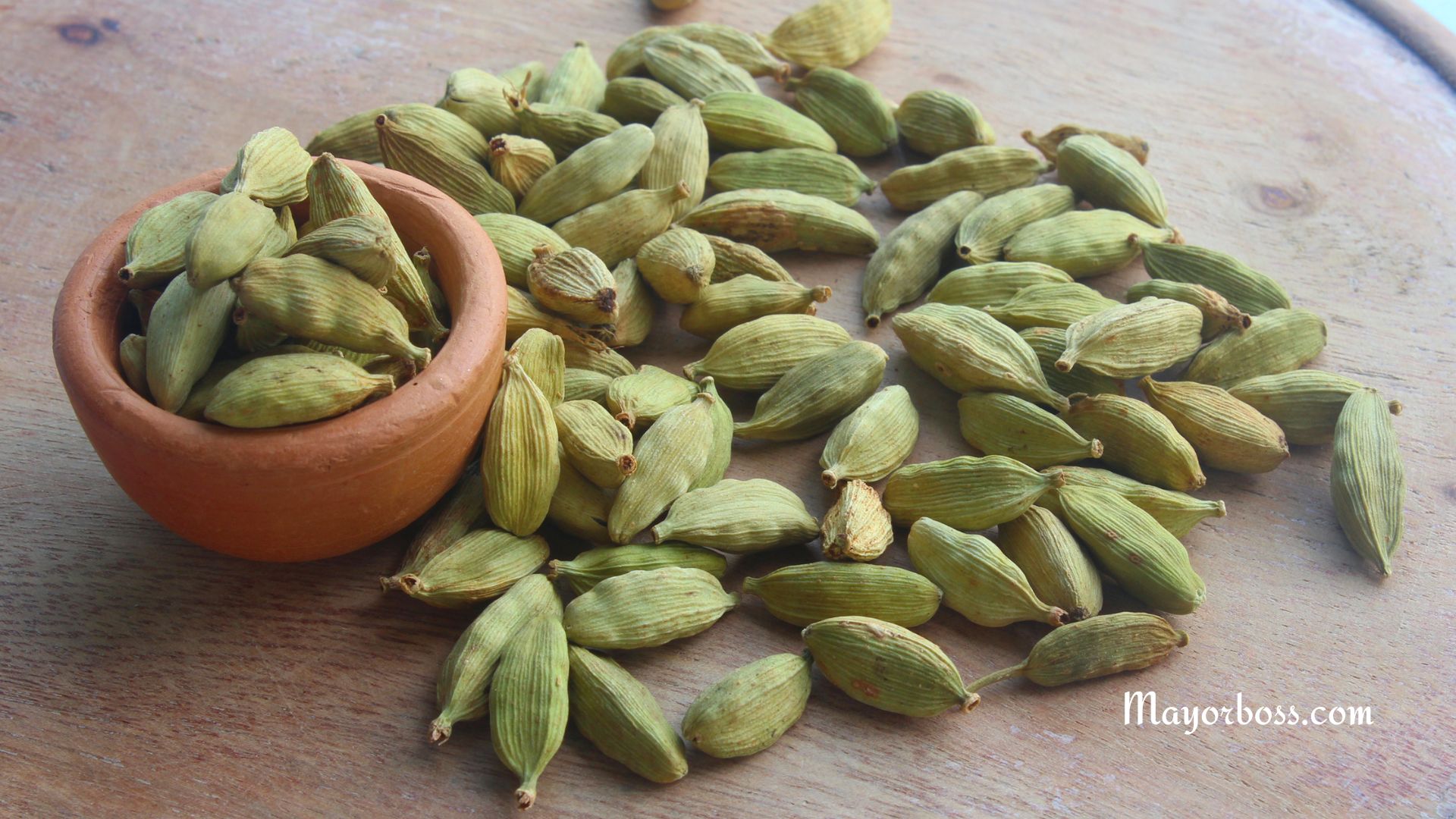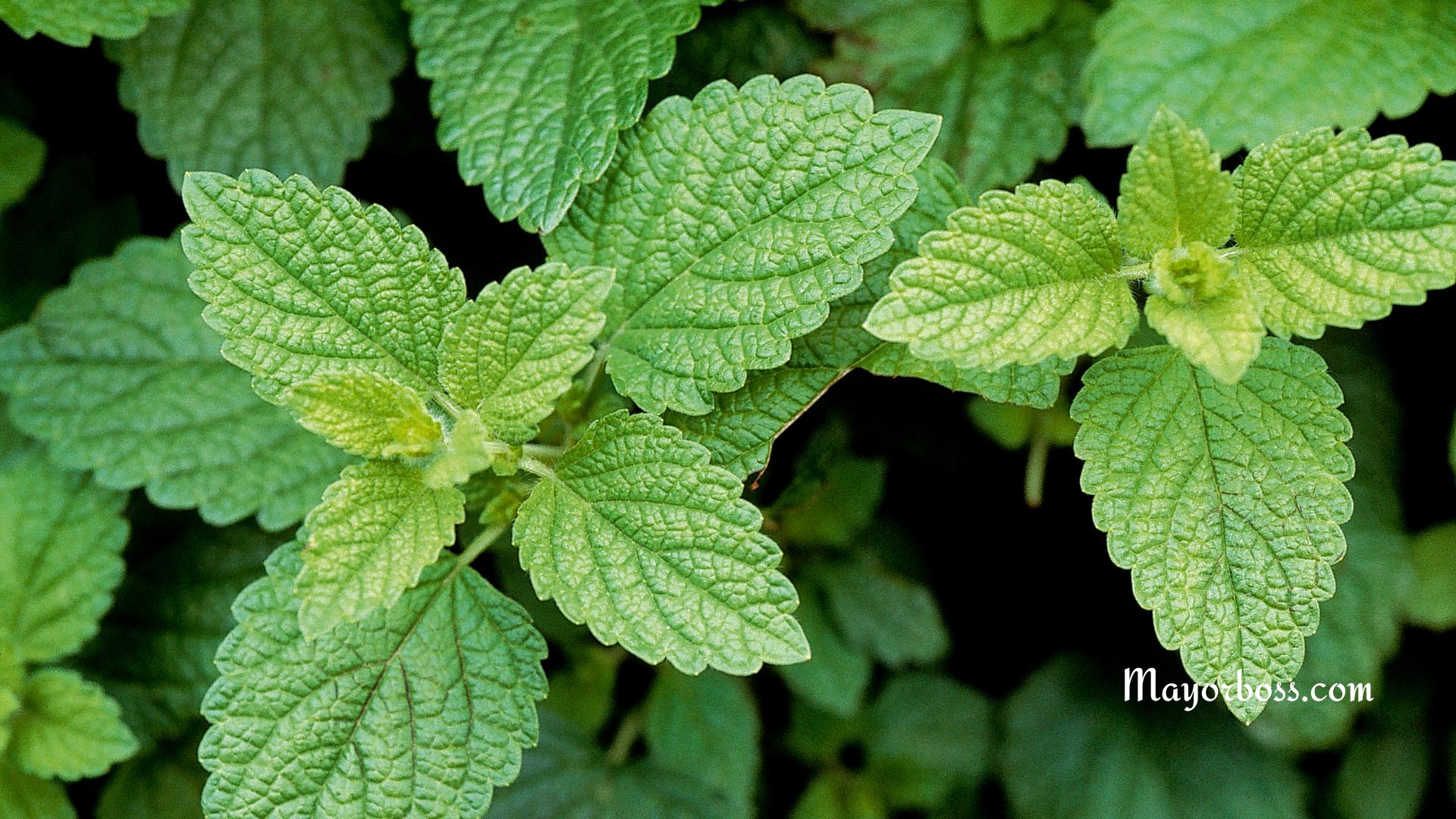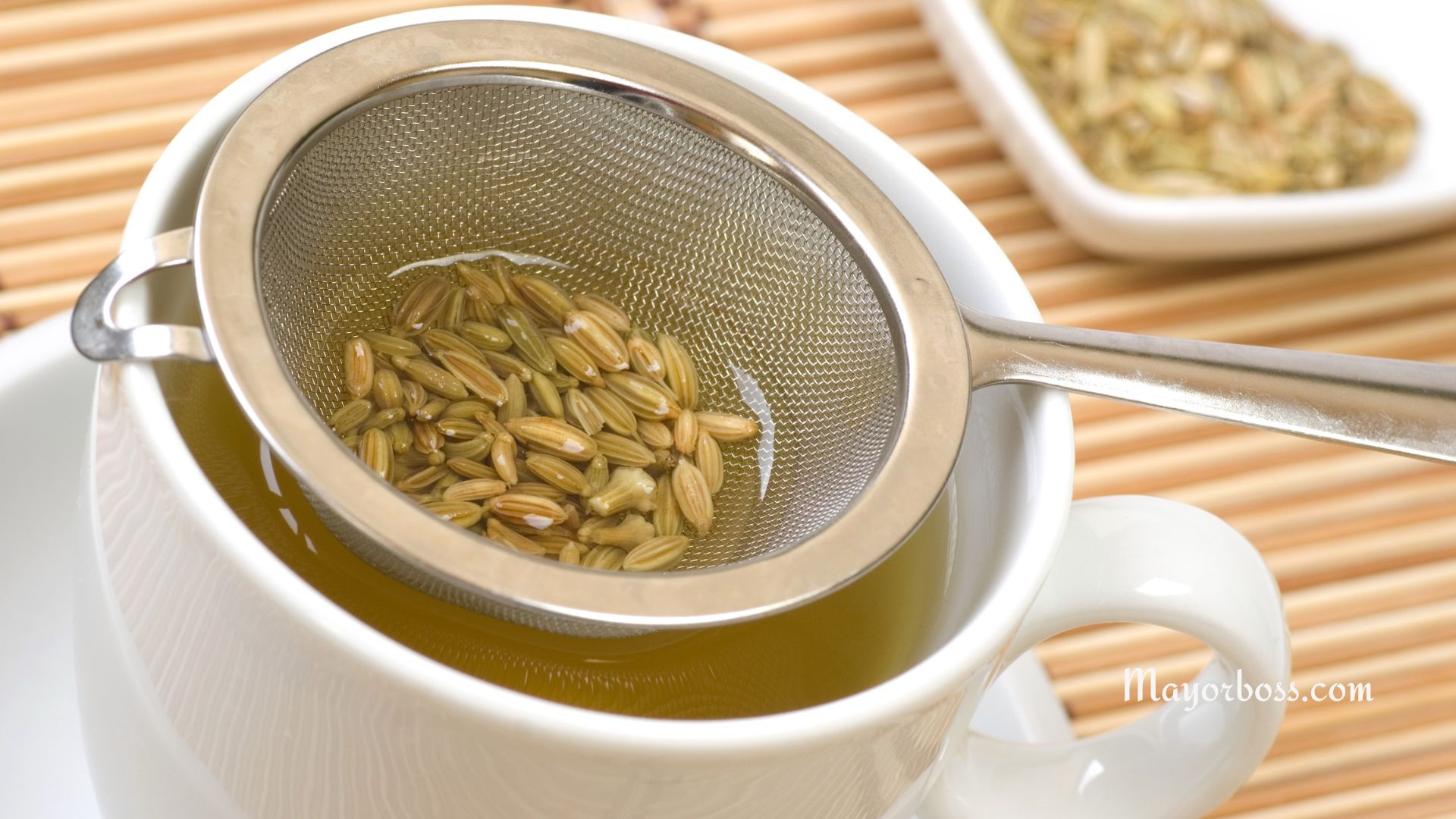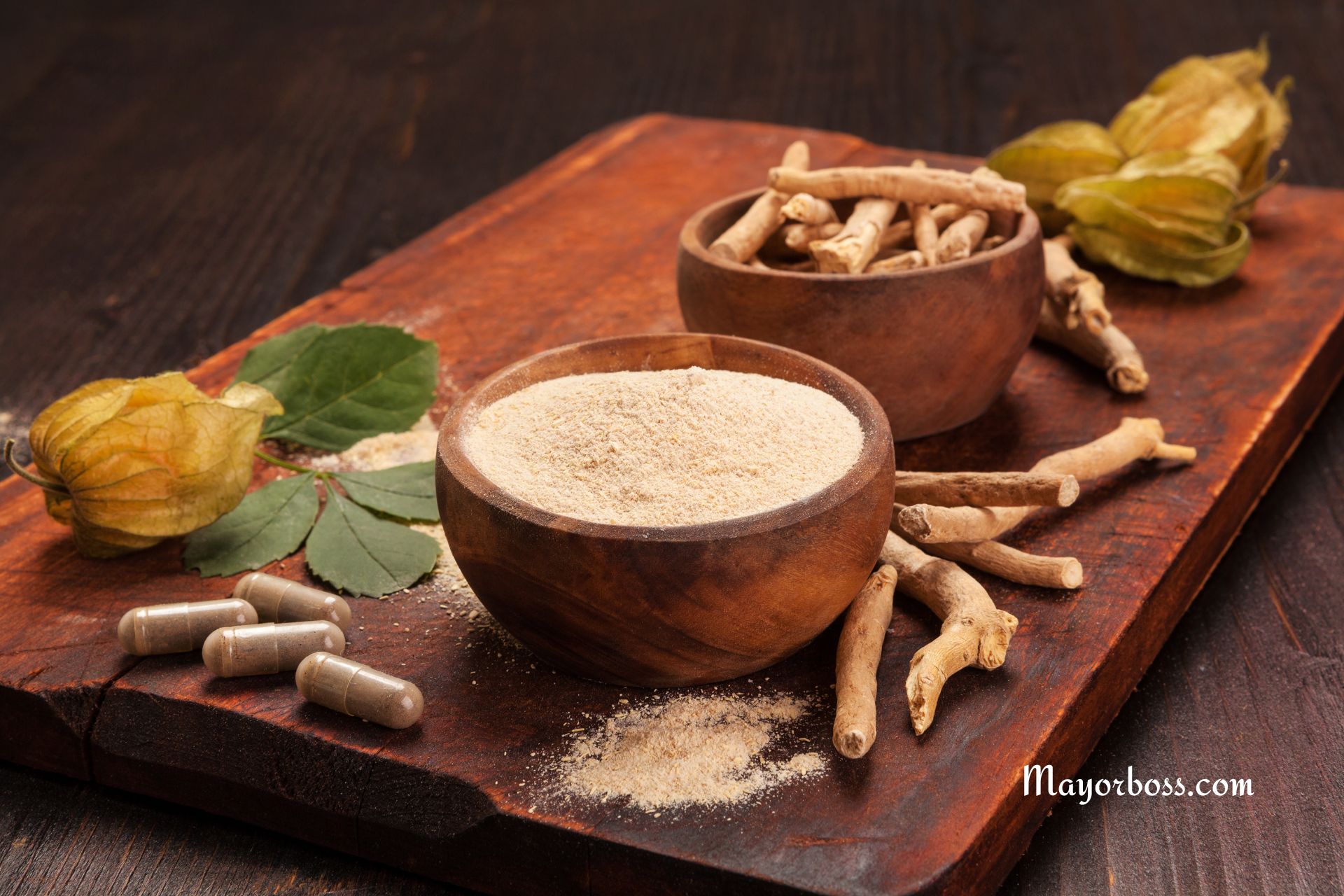6 Herbs That Are Natural Antidepressants
You’ve probably heard the term ‘Natural Antidepressants‘ frequently in recent years. It’s a term that refers to non-pharmaceutical substances that can help boost your mood and alleviate symptoms of depression.
It’s a fascinating subject, and today, I’m going to guide you through six specific herbs that have these powerful properties.
First of all, I want to highlight the key takeaway of this article:
Natural antidepressants are not a replacement for professional medical advice, but they can be a valuable addition to a holistic approach to mental health.
Let’s explore them together.
Herbs That Are Natural Antidepressants
St. John’s Wort
You may have encountered St. John’s Wort before. Known for its bright yellow flowers, this herb is a popular natural antidepressant.
Its benefits include easing symptoms of mild to moderate depression.
St. John’s Wort is usually consumed in the form of tea, capsules, or tinctures.
The standard dosage for mild to moderate depression is 300mg to 600mg of extract daily.
However, please consult your doctor before taking this herb, especially if you are on other medications.
Chamomile
When you think of chamomile, you probably imagine a soothing cup of tea.
And rightly so. Chamomile is a calming herb commonly used to promote sleep and relaxation.
But did you know it can also work as a natural antidepressant?
Research suggests that chamomile can help reduce symptoms of depression and anxiety.
Chamomile is typically consumed as a tea.
You can make chamomile tea by steeping dried chamomile flowers in hot water for around 10 minutes.
It’s suggested to have 1 to 3 cups of chamomile tea per day for its calming and mood-boosting effects.
Lavender
Next, let’s talk about lavender.
You often find this plant used in aromatherapy thanks to its soothing scent.
As it turns out, the lovely aroma of lavender is more than just pleasant.
This herb might help reduce anxiety and mild depression.
Lavender oil, when used in aromatherapy, can often lift your spirits and improve your mood.
The aroma of lavender is the most commonly used method to reap its benefits.
You can add a few drops of lavender oil to a diffuser or inhale it directly.
Also, lavender-infused teas and supplements are available, but always check with your healthcare provider before starting any new supplements.
Saffron
The exotic spice saffron, often used in culinary delights, can serve as a natural antidepressant too.
Studies indicate that saffron might have similar effects to certain antidepressant medications.
While it’s a pricier option, if you’re looking for a dual-purpose kitchen staple, saffron could be a good choice.
Saffron can be integrated into your diet through various dishes.
The usual recommended dose for depression is 30mg per day, split into two 15mg doses.
Saffron supplements are also available, but due to their high price, it’s crucial to ensure you’re purchasing from a reputable source.
Lemon Balm
Lemon Balm, or Melissa officinalis, a member of the mint family, is another herb that can help combat depression.
Its uplifting scent and calming properties can help reduce stress and anxiety, making it a popular choice for a natural mood booster.
Lemon Balm is often consumed as a tea or used in aromatherapy.
For tea, use 1.5 to 4.5 grams of dried Lemon Balm or 1/4 to 1 teaspoon of liquid Lemon Balm extract daily.
Lemon Balm is also available in capsule and tablet form.
Rhodiola Rosea
This herb, native to the Arctic region, is known for its stress-busting abilities.
Recent research suggests that Rhodiola Rosea may be beneficial in alleviating depression symptoms.
Its adaptogenic properties mean it could help your body adapt to stress and balance various functions, potentially reducing fatigue and boosting cognitive function, which is crucial in managing depression.
Rhodiola Rosea is typically taken as a supplement.
The recommended dose for depression is around 340-680mg per day, but it’s crucial to follow the package instructions or your healthcare provider’s advice.
In conclusion, remember that while these herbs are natural antidepressants, they should be used as part of a comprehensive approach to mental health.
Always consult with a healthcare provider before starting any new treatment.
Further Reading: 7 Herbs To Lower Blood Sugar Levels

